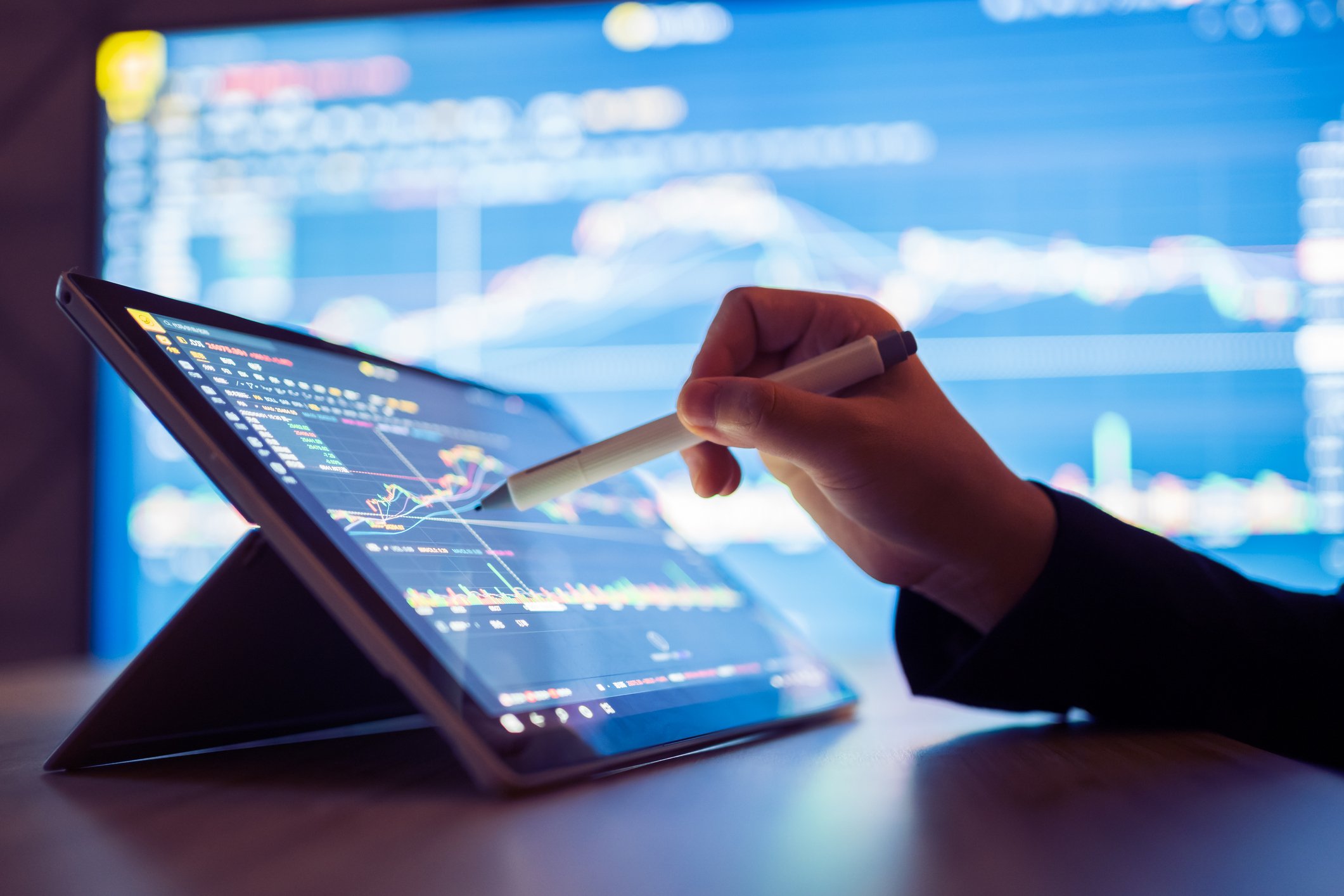What's worse than a company that hasn't posted a profitable quarter since 2015? One that hasn't posted one since 2014, naturally. And today, we'll be looking at two hydrogen fuel cell companies that fit the bill: Ballard Power Systems (BLDP +0.76%) and Plug Power (PLUG 2.84%).
All joking aside, though, the difference between a company that's been unprofitable for four years and one that's been unprofitable for five isn't that big in the long run. What really matters is how the companies are doing today and what their prospects for profitability -- not to mention growth -- look like.
With that in mind, let's look at these underperformers to see which one seems like the better buy.

Ballard Power Systems and Plug Power are hoping to make hydrogen fuel cells a top green energy source. Image source: Getty Images.
On the books
Neither Ballard nor Plug gave investors much confidence they'd turn profitable anytime soon in their first-quarter 2019 earnings reports.
After Plug posted positive adjusted EBITDA in the fourth quarter of 2018, investors were hoping that it could repeat its success, but that turned out not to be the case. Instead, Plug reported negative $6.7 million in adjusted EBITDA, which was slightly better than the negative $10.1 million in adjusted EBITDA it reported in the year-ago quarter. However, it also saw lower revenue of $22.8 million as opposed to $28.3 million in Q1 2018.
On Plug's Q1 2019 earnings call, CEO Andy Marsh blamed the declines on the "timing of closing a project financing deal," but admitted that he was "disappointed" with the lower billings during the quarter. Ballard's CEO Randall MacEwen, on the other hand, expressed no disappointment on his Q1 earnings call, but admitted that the company's underwhelming results were "consistent with our expectation for a softer start to the year."
Ballard saw across-the-board declines as well, including a 20% year-over-year drop in revenue, 19 points of margin deterioration, a 45% drop in cash from operations, and a larger net loss -- on both an adjusted and unadjusted basis -- than in the year-ago quarter.
Interestingly, the one spot where Ballard saw a big improvement in its numbers -- material handling revenue, which was up 676% year over year, to $2.8 million -- was "a result of higher fuel cell stack shipments to Plug Power." That's right: The biggest highlight of Ballard's Q1 numbers was thanks to Plug. That, plus Plug's slight year-over-year increase in adjusted EBITDA, gives it the win in this category.
Winner: Plug Power
A slowdown in China
Both Ballard and Plug are firmly established in the material handling (read: forklift) market, but have struggled to expand into other sectors. However, breaking out of their niche is going to be critical to growth and profitability.
Ballard has set its sights on the "heavy-duty motive" segment, envisioning fleets of hydrogen-powered delivery vehicles, buses, trains, and maritime equipment. To facilitate growth in this area, it's partnering with Chinese companies to develop and deploy this technology, including a major joint venture with Weichai Power. But putting all of your growth eggs in one Chinese basket is a risky strategy, as Ballard seems to be finding out.
During Ballard's last few quarters, its Chinese ventures have been underperforming. In Q3 2018, for example, Ballard's joint venture with Guangdong Synergy underperformed, causing it to miss revenue expectations. In Q1 2019, Ballard blamed its year-over-year revenue declines on lower membrane electrode assembly shipments to China, particularly those in its heavy-duty motive division. This comes amid an apparent slowdown in the overall Chinese economy.
Worse, Ballard has been diluting its shares to finance these joint ventures. In the third quarter of 2018, it received $164 million from Weichai in exchange for 46.1 million shares, and $20 million from Chinese company Zhongshan Broad-Ocean Motor in exchange for 5.7 million shares. On the one hand, this keeps the unprofitable company from having to go into debt to keep the lights on, but it's of concern to investors.
Plug used to see China as a potential growth engine, but it's since been looking elsewhere for growth, after a 2016 partnership with specialty vehicle maker Dongfeng fell through thanks to Dongfeng's shaky financial situation. It looks like that may have been to investors' benefit.
Winner: Plug Power
Expansion sets
Although Ballard is primarily looking to China for growth, both companies have inked recent deals and partnerships that they hope will help broaden the reach of fuel cells.
Ballard has focused on maritime applications, recently announcing plans to build what it calls a "Marine Center of Excellence" at its subsidiary in Hobro, Denmark. This center will design and manufacture heavy duty fuel cells to address zero-emission maritime powertrain requirements. It also announced participation in Europe's H2PORTS project, which seeks to transition European port equipment like loaders/unloaders and terminal tractors to zero-carbon alternatives. The company also inked a deal with Norway's Norled A/S to provide two fuel cell modules to power a hybrid ferry.
Plug, on the other hand, has been announcing a dizzying array of purchases and contracts recently, with CEO Marsh teasing that he has more "in his pocket." These include the company's acquisition of Canadian hydrogen specialist EnergyOr, which specializes in ultralightweight fuel cell applications suitable for drones and robots. It also includes a deal with electric-vehicle manufacturer StreetScooter to provide fuel cell arrays for 200 delivery vans for Deutsche Post DHL. In recent info sessions on Quora and Reddit, Marsh also floated the possibility of Plug's providing fuel cells as backup power for 5G communications networks.
Honestly, though, although it seems as though Plug may have more irons in the fire than Ballard, it's tough to know in which -- if any -- of these sectors hydrogen fuel cells will gain traction. It almost seems like a "throw it all to the wall and see what sticks" strategy.
Winner: TIE.
And the winner is...
Without the ability to compare the companies on traditional valuation metrics like price-to-earnings ratio (because earnings are negative) or price-to-free-cash-flow ratio (because free cash flow is also negative), we need to rely on the companies' situations, and it looks as though Plug Power is in a better spot right now than Ballard.
However, even though Plug Power may be the "better" buy, it isn't necessarily a good buy: The company -- and the fuel cell industry in general -- is highly speculative and only suitable for investors who have a high tolerance for risk. Most investors would do better to look at other opportunities in the alternative energy sector.







